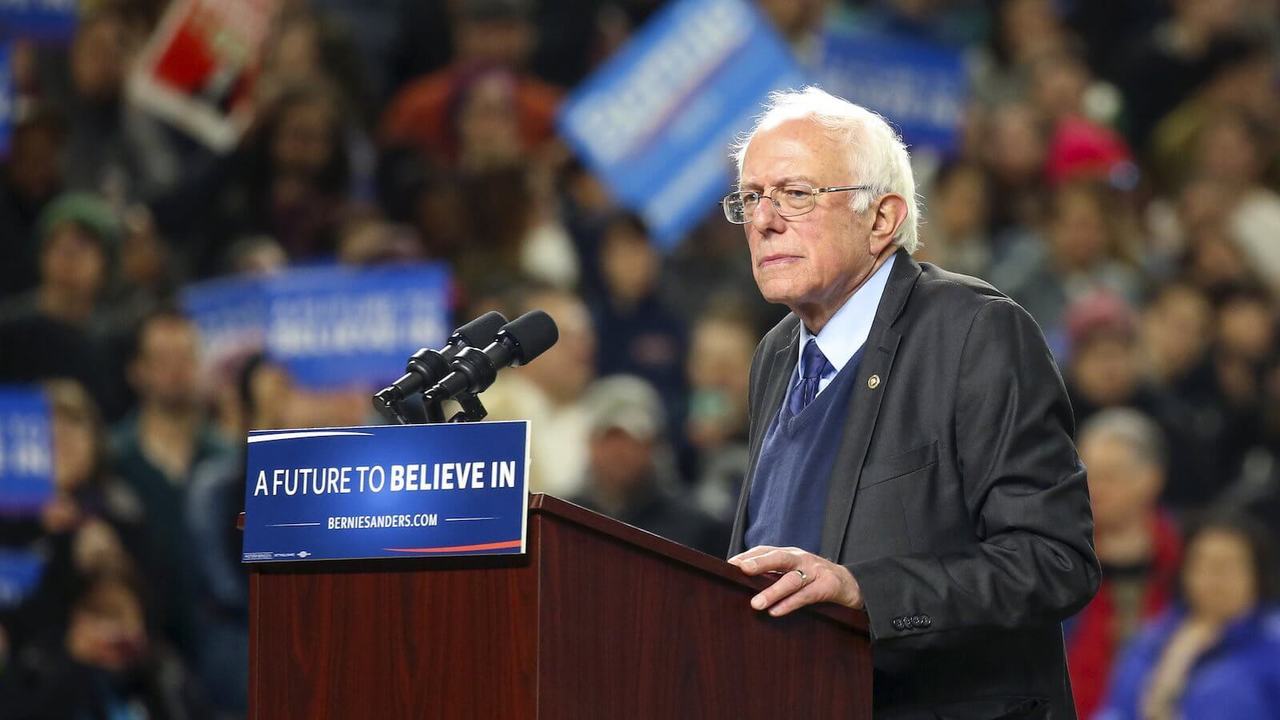
CAMBRIDGE – The rise of anti-trade populism in the 2016 U.S. election campaign portends a dangerous retreat from the United States’ role in world affairs. In the name of reducing U.S. inequality, presidential candidates in both parties would stymie the aspirations of hundreds of millions of desperately poor people in the developing world to join the middle class.
If the political appeal of anti-trade policies proves durable, it will mark a historic turning point in global economic affairs, one that bodes ill for the future of American leadership.
Republican presidential candidate Donald Trump has proposed slapping a 45% tax on Chinese imports into the U.S., a plan that appeals to many Americans who believe that China is getting rich from unfair trade practices. But, for all its extraordinary success in recent decades, China remains a developing country where a significant share of the population live at a level of poverty that would be unimaginable by Western standards.
The poverty line
Consider China’s new five-year plan, which aims to lift 55 million people above the poverty line by 2020, a threshold defined as just CN¥2,300, or $354, per year. This compares with a poverty line of around $12,000 for a single person in the U.S.
Yes, there are significant cost-of-living differences that make direct comparisons dubious, and, yes, poverty is as much a social condition as an economic one, at least in advanced economies; but the general point that inequality between countries swamps inequality within countries is a very powerful one.
And China’s poverty problem is hardly the world’s worst. India and Africa both have populations roughly comparable to China’s 1.4 billion people, with significantly smaller shares having reached the middle class.
Democratic presidential candidate Bernie Sanders is a far more appealing individual than “The Donald,” but his anti-trade rhetoric is almost as dangerous. Following prominent left-leaning economists, Sanders rails against the proposed new Trans-Pacific Partnership (TPP), even though it would do much to help the developing world – for example, by opening up Japan’s market to Latin American imports.
Sanders even hammers his opponent Hillary Clinton for her support of earlier trade deals such as the 1992 North America Free Trade Agreement (NAFTA). Yet that agreement forced Mexico to lower its tariffs on U.S. goods far more than it forced the US to reduce its already low tariffs on Mexican goods.
Unfortunately, the resounding success of Sanders’s and Trump’s anti-trade rhetoric has pulled Clinton away from her more centrist position, and might have the same effect on many members of the House and Senate. This is a recipe for disaster.
The TPP does have its flaws, particularly in its overshoot on protection of intellectual property rights. But the idea that the deal will be a huge job killer for the U.S. is highly debatable, and something does need to be done to make it easier to sell high-tech goods to the developing world, including China, without fear that such goods will be instantly cloned. A failure to ratify the TPP would almost certainly condemn tens of millions of people in the developing world to continued poverty.
The right remedy to reduce inequality within the U.S. is not to walk away from free trade, but to introduce a better tax system, one that is simpler and more progressive. Ideally, there would be a shift from income taxation to a progressive consumption tax (the simplest example being a flat tax with a very high exemption). The U.S. also desperately needs deep structural reform of its education system, clearing obstacles to introducing technology and competition.
Indeed, new technologies offer the prospect of making it far easier to retrain and retool workers of all ages. Those who advocate redistribution by running larger government budget deficits are being short sighted. Given adverse demographics in the advanced world, slowing productivity, and rising pension obligations, it is very hard to know what the endgame of soaring debt would be.
Do pro-deficit progressives realize that the burden of any future debt crises (or financial-repression measures) are likely to fall disproportionately on poor and middle-income citizens, as they have in the past? Simple redistribution of income through taxes and transfers is far more direct and more potent, and would certainly serve to expand aggregate demand.
No longer be envied
Anyone who portrays the U.S. as a huge loser from the global economic status quo needs to gain some perspective on the matter. I have little doubt that a century from now, Americans’ consumption-centric lifestyle will no longer be viewed as something to envy and emulate, and the country’s failure to implement a carbon tax will be viewed as a massive failure.
With under 5% of the world’s population, the U.S. accounts for a vastly disproportionate share of carbon-dioxide emissions and other pollution, with much of the blame falling on America’s middle class.
But the idea that trade fuels inequality is a very parochial perspective, and protectionists who shroud themselves in a moralistic inequality narrative are deeply hypocritical. As far as trade is concerned, the current U.S. presidential campaign is an embarrassment of substance, not just of personality.
(C)Project Syndicate
